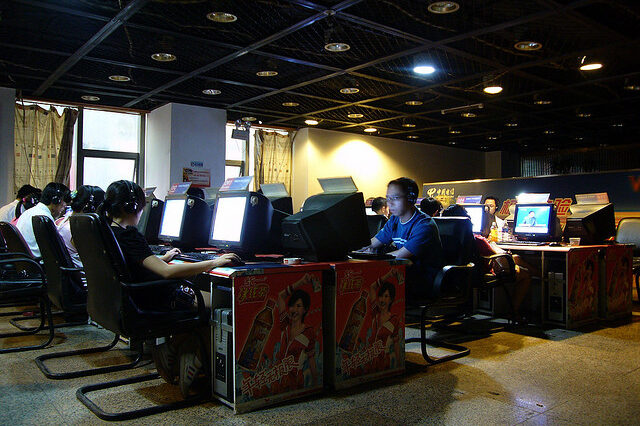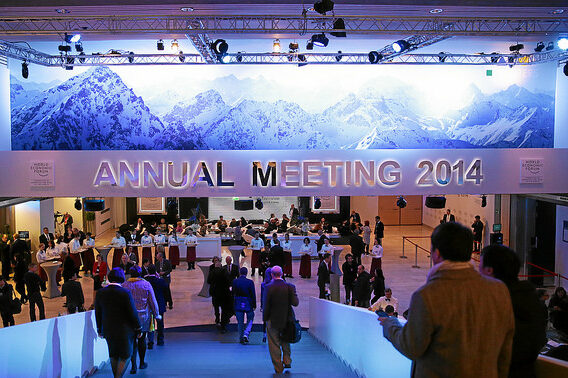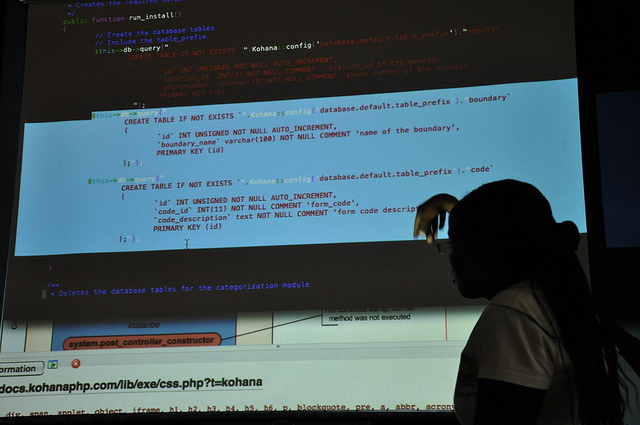All Articles
All topics
-

How easy is it to research the Chinese web?
The research expectations seem to be that control and intervention by Beijing will be most…
-

Technological innovation and disruption was a big theme of the WEF 2014 in Davos: but where was government?
The World Economic Forum engages business, political, academic and other leaders of society to shape…
-

Ethical privacy guidelines for mobile connectivity measurements
Measuring the mobile Internet can expose information about an individual’s location, contact details, and communications…
-

Can text mining help handle the data deluge in public policy analysis?
There has been a major shift in the policies of governments concerning participatory governance—that is,…








